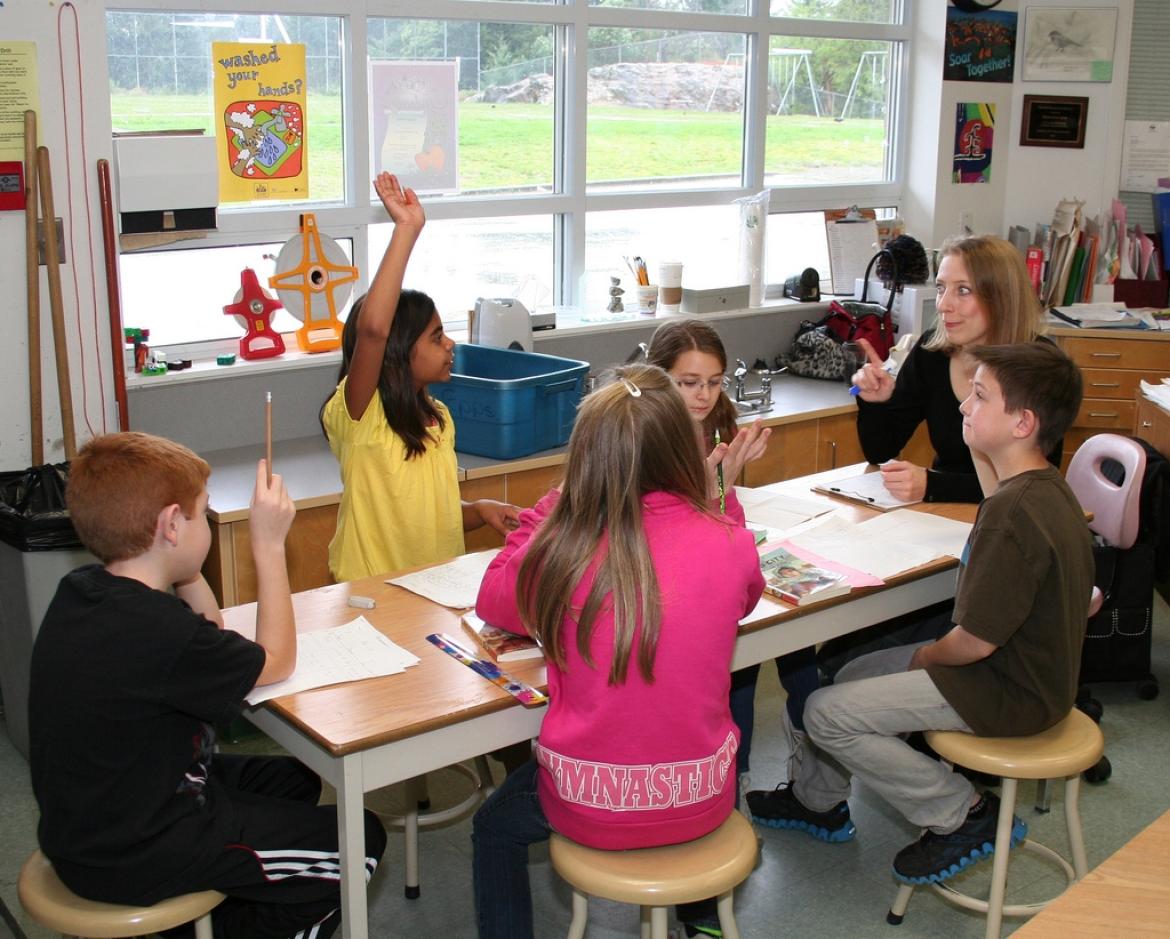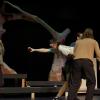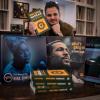
May 24, 2012 - 10:23am
Students in Mary-Lynn Epps’ Grade 4/5 class at Randerson Ridge Elementary in Nanaimo are preparing to showcase the progress of their schoolwork for family and friends in early June.
The innovative learning that has gone on in and outside their classroom has already caught the attention of the Organization of Economic Co-operation and Development, the Paris-based group of 34 countries that aims “to promote policies that will improve the economic and social well-being of people around the world.”
For the past several years, Epps and Vancouver Island University education professor Paige Fisher have collaborated to promote inquiry based learning throughout the region. With the support of School District 68, VIU Education faculty and administration and the provincial Networks of Inquiry and Education, students and teachers are pursuing an innovative approach guided by the mantra: “We are all learmers; we are all teachers.”
The mantra was first shared by Epps’ colleague, Terrill MacDonald, when they co-planned one of their community of learners inquiry units focussed on Aboriginal understandings.
Epps’ classroom walls are covered with posters and drawings. With writing tips, criteria for effective group discussion and a framework for behaviour in a community of learners, they are all intended to support students in a personalized approach to education.
It involves students in “circle meetings” discussing the latest book they read, writing persuasive essays or engaged in some other learning opportunity as they explore different aspects of a broad inquiry.
This spring, students in Epps’ class have been looking at ways that individuals – role models as well as themselves—can make a difference in the world.
“Students always know that from the moment we start a new inquiry, everything we do is getting ready for the next showcase, the next celebration of learning,” says Epps.
The inquiry on making a difference has included reading books about young people, many in war-torn countries, who go to great lengths to support family members or others who are committed to protecting endangered species and the environment.
“Students sign up to read about other children who may have lived in a time of war. They learn how others live and despite the turmoil, they still have dreams and are able to work toward those dreams,” says Epps.
David, a 10-year-old in the class, has plenty of material to work with as he looks for character traits and actions that are found in a series of books by Deborah Ellis about Parvana, a young girl whose family is traumatized by the Taliban regime in Afghanistan.
“It’s about a girl and her family’s home has been blown up tons of times,” says David as he gives a brief summary of Breadwinner. “Her father was taken to prison and she had to make a life or death choice – to dress up like a boy so she could work. It’s a sad, heroic, weird story and also funny sometimes,” he says.
The Community of Learners work going on in Epps’s class and others in the region was a clear choice as an example of high quality work that would interest the OECD project on Innovative Learning Envriornments, according to Judy Halbert and Linda Kaser, leaders of the BC-wide Networks of Inquiry and Innovation.
Halbert and Kaser are instructors in VIU’s Master’s Degree in Educational Leadership and Centre for Innovative Educational Leadership programs and have closely followed initiatives undertaken through the VIU-SD 68 partnership.
According to the educators, ”One of the key criteria for inclusion as a potential case study is that the learning environment reflects contemporary understandings of learning and teaching, and is designed in response to serious issues of student learning and engagement.”
“From our perspective, the work of Mary-Lynn Epps and her colleagues at Randerson Ridge, in partnership with Lynn Brown at Dover Bay and Paige Fisher at VIU, is truly innovative.”
Fisher is impressed that core principles for effective learning, things like critical thinking and self-regulation, are found in Epps’ classroom. Fisher and other members of VIU’s Education faculty frequently bring students to observe the work.
“There’s often a difficult gap between theory and practice,” says Fisher. “But everything I see in Mary-Lynn’s room is a concrete example of the research put into practice. This set of practises has been able to grow throughout the region as a result of various professional development, mentoring and coaching opportunities provided by Mary Lynn and her colleagues.”
Epps points to research into metacognition as particularly promising. That concept focuses on mastering the use of specific strategies for learning and problem solving.
“Metacognition involves identifying what supports your learning and helps you become a lifelong learner. People who are successful in most fields have developed that skill. The idea is that if we teach students about metacognition, they will have the opportunity to be equally successful.”
Epps expects that being chosen as an OECD case study will likely draw more attention to her classroom but she and her students are accustomed to observers visiting and learning more about the Community of Learners.
VIU student teacher Sara Rostron feels fortunate to have worked closely with Epps throughout the year including a recently completed six-week practicum.
“I got into education with the sense that it should be accessible – that it should work for everybody. It’s a struggle to find a way to reach all children but when you see them showcase their learning, they’re so enthralled. The kids bring their parents, grandparents and the rest of their families to showcase events to see what they’ve accomplished.”
“It’s pretty amazing,” says Rostron.
Tags: In the Community






